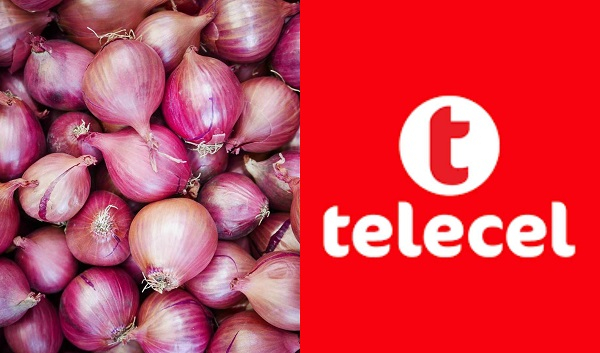Telecel Ghana Addresses GH¢2M Lawsuit Over Alleged Unauthorized Image Use

Telecel Ghana, operated by Ghana Telecommunications Company Limited, has formally acknowledged a GH¢2 million legal claim filed against it by Madam Faustina Djagbele Abbey, an onion seller from Makola Market. The lawsuit stems from the alleged unauthorized use of her photograph in a promotional campaign for the company's 'Telecel Red Save' digital savings product. In a press release issued on Thursday, June 19, Telecel Ghana stated it is actively reviewing the matter and confirmed its awareness of media reports regarding the legal claim. The company emphasized its commitment to ethical practices, asserting that it takes matters of privacy, imagery consent, and intellectual property seriously, and appealed for public understanding as the legal process unfolds.
Madam Faustina Djagbele Abbey initiated the lawsuit on May 23, 2025, through her legal counsel, Bernard Owiredu Donkor of Thompson Law Consult. She alleges that Telecel utilized her image on various platforms, including social media, billboards, and traditional media, to market its 'Telecel Red Save' product without her knowledge, prior consent, or any contractual agreement or compensation. The image in question depicts her selling onions at Makola Market and was used to portray her as a customer or brand ambassador for the savings-related product.
Madam Abbey became aware of the unauthorized use of her image after being alerted by friends and customers. She asserts in her statement of claim that the widespread advertisement has led to significant personal distress. She experienced psychological distress, strained family relationships, and misconceptions about her financial status, as her family and customers mistakenly believed she had come into significant wealth. This has resulted in tension and discomfort in her personal life. Madam Abbey stated in her writ, “The use of my photograph without my consent has unnecessarily exposed me. I am unable to cope with the enormous publicity. It has had a serious impact on my mental health.”
Madam Abbey further alleges that Telecel’s actions were deliberate and exploitative, contending that the company targeted her vulnerable position as a market trader for corporate gain. She also warns that without judicial intervention, Telecel is likely to continue such conduct. The legal action highlights the potential profound impact of corporate advertising on individuals, particularly when their images are used without explicit consent.
In her suit filed at the High Court, Madam Abbey is seeking three key reliefs: a declaration that Telecel violated her privacy and personal liberties, a declaration that her image rights were abused through the unauthorized use of her photograph, and an order directing Telecel to pay GH¢2,000,000.00 as compensation for the alleged violations. Additionally, she demands that all advertisements bearing her image, whether on billboards, social media, or any other platforms, be immediately pulled down. This case underscores the increasing importance of obtaining explicit consent for the use of personal likeness in commercial ventures, especially for major corporations like Telecel Ghana, which serves millions of subscribers across the country, and comes amidst a broader national and global conversation about data protection and individual rights in commercial advertising in the digital sphere.








